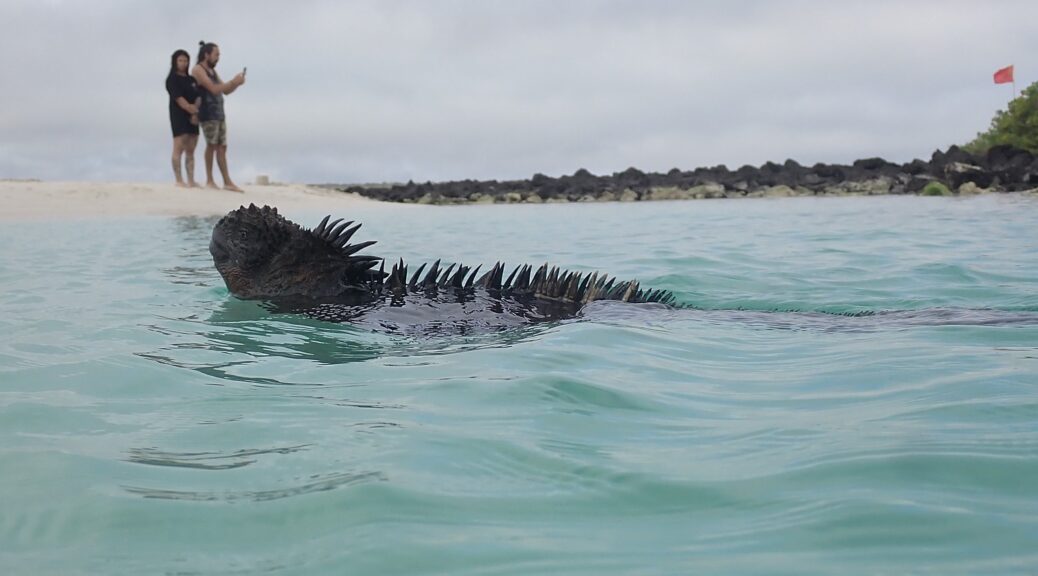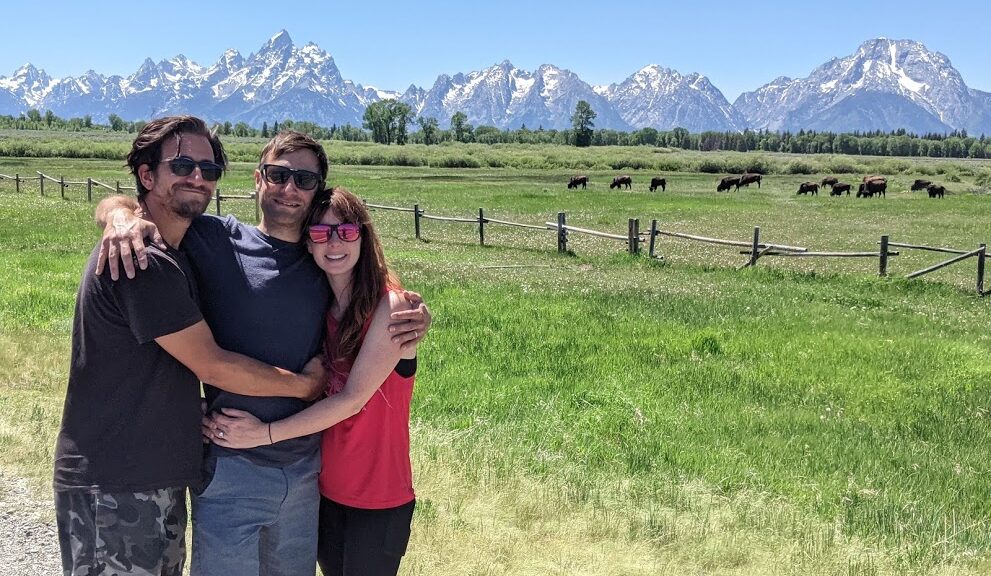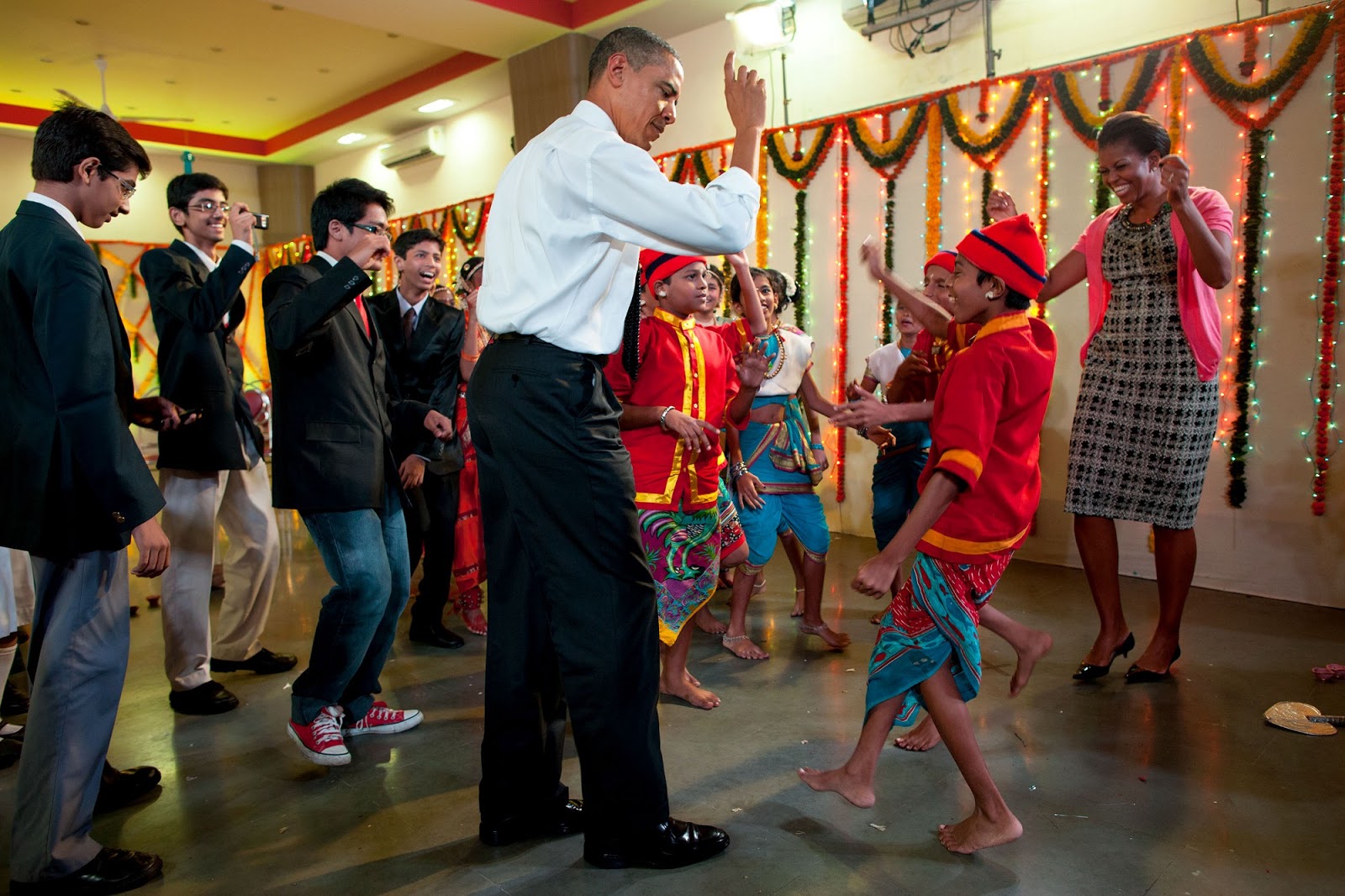Non-Profit Leader in Educational Travel Establishes June 8th as Annual National Observance, ‘Age Adventurously Day,’ in Celebration of 50th Anniversary

Road Scholar, the not-for-profit world leader in educational travel for older adults, released a new report indicating that adventure is a key contributor to the happiness and health of aging adults. Based on a survey of 300 adults aged 50 to 98, Road Scholar’s findings reveal that 94% of older adults who embrace adventurous activities – whether through travel, lifelong learning or stepping outside their comfort zones – report higher levels of wellbeing.
In addition to the report, the organization has announced a new national observance on its 50th anniversary June 8th, “Age Adventurously Day,” kicking off with a contest offering one lucky winner a travel voucher, among other prizes.
“Our Age Adventurously Report findings reinforce what we’ve always believed — adventure enriches both health and happiness, and our desire for new experiences only grows with age,” said James Moses, CEO of Road Scholar. “As we celebrate our 50th anniversary, we’re proud to launch Age Adventurously Day, proving adventure is not bound by age, but rather fueled by curiosity. We encourage everyone to spend June 8th doing something adventurous – whether that be trying out a new sport, tasting an exotic food, or exploring a new destination.”
Road Scholar’s Age Adventurously Report offers compelling insights into the connection between aging, adventure and wellbeing. Compared to previous generations, today’s older adults are more adventurous than ever before.
Here’s a look at a few standout findings:
Educational Experiences Spark Interest in Distant Destinations and Frequent Travel: Road Scholar’s survey results indicate that older adults who engage in educational travel are more likely to explore distant destinations and travel more often compared to their peers. Thirty-two percent of participants surveyed reported that the majority of their travel is international. Road Scholar participants also tend to travel more frequently with 45% of those polled taking 4-8 trips annually, compared to 26% of those not involved with the organization.
Adventure Adds to Health and Happiness: Nearly 100% of older adults surveyed agreed that being adventurous contributes to their health, happiness and wellbeing. In fact, Road Scholar participants above the age of 50 who actively embrace new experiences indicated feeling just as happy as they were in their 20s, 30s or 40s – scoring an average of 3.2 on a 5-point scale ranking happiness from “not happier” to “extremely happier.”
Adventurousness Across Generations: When asked if their generation was more adventurous in older adulthood than their parents’ generation, 75% of Gen Xers agreed and 89% of Boomers and Silent Gen concurred – showing that older adults have evolved to be more adventurous.
Celebrate Age Adventurously Day
In addition to its recent survey findings and in celebration of the company’s founding date and 50th-anniversary – underscoring its ongoing mission of inspiring lifelong learning – Road Scholar has declared June 8th as Age Adventurously Day. This now-approved annual observance, certified by the National Day Archives, aims to motivate older adults to break free of their routines, seek out fresh opportunities, and redefine what it means to age.
On June 8th each calendar year, Age Adventurously Day will serve as a reminder to individuals that aging does not mean the end of adventure, but rather a new beginning full of opportunities. The day invites everyone within the Road Scholar community and beyond to embrace the spirit of adventure, stepping beyond the ordinary, trying something they’ve always wanted to do, and making aging an adventure.
To kick off the inaugural Age Adventurously Day, Road Scholar is hosting a special contest. Participants are invited to share their plans for the day or submit stories and photos of their adventures at www.ageadventurously.org. One winner will receive a $1,500 travel voucher for a Road Scholar program, along with other prizes. Entries will be accepted through June 13, with the winner selected at random.
“Since 1975, Road Scholar has defied aging stereotypes every day, proving that adventure does not have an expiration date,” said Moses. “We want to inspire an Age Adventurously movement and encourage people around the world to take part in Age Adventurously Day, sharing their stories and empowering others to join the lifelong adventure.”
Click here to view Road Scholar’s full Age Adventurously report.
Learn more about Age Adventurously Day here.
For more information, visit roadscholar.org.
For more travel features, visit:
Going Places @ longislandpress.com
goingplacesnearandfar.wordpress.com
travelwritersmagazine.com/TravelFeaturesSyndicate/
goingplacesfarandnear.tumblr.com/
instagram.com/going_places_far_and_near/
instagram.com/bigbackpacktraveler/
‘Like’ us on facebook.com/NewsPhotoFeatures
X: @TravelFeatures
Threads: @news_and_photo_features
Bluesky: @newsphotosfeatures.bsky.social










